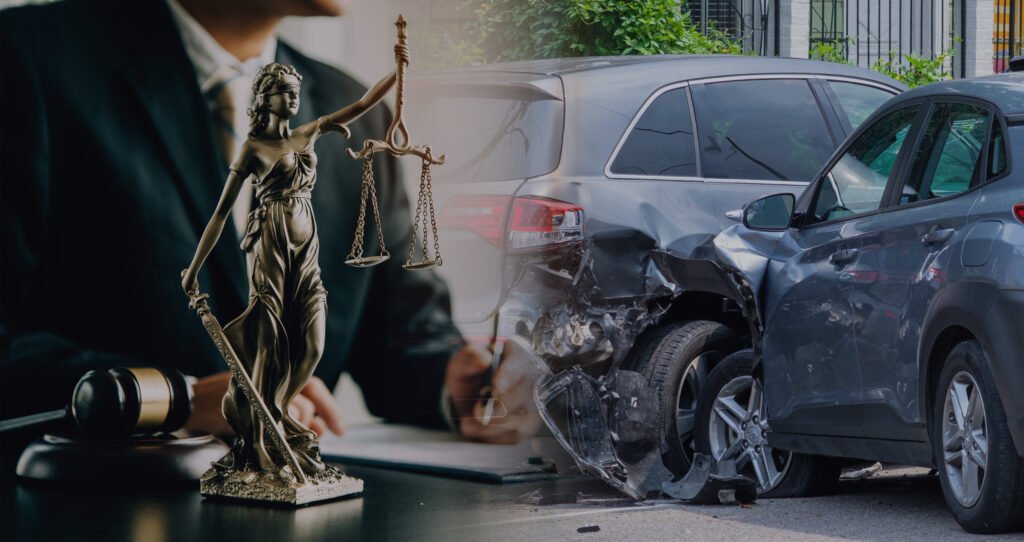A Guide to Using Emergency Services in Tacoma
- By Car Accident Lawyer Tacoma WA
- call 911 car accident attorneys near me Car Accident Lawyer Tacoma car injury lawyer near me emergency services tacoma car accident attorney tacoma car accident lawyer tacoma police washington state patrol what to do after accident
- With 0 comments
Table of Contents
ToggleA Guide to Using Emergency Services in Tacoma
In the chaotic moments of an emergency—whether it’s a car accident, a fire, or a medical crisis—knowing exactly who to call and what to say can make a life-or-death difference. In Tacoma and the greater Pierce County area, a network of dedicated first responders is ready to help 24/7, but using the system effectively is key to getting the right help, right away.
Most of us know to dial 911 in a major crisis, but what about a minor fender bender? What if you need to report something suspicious but it’s not a life-threatening emergency? Understanding the different services available and the proper channels to use them will ensure that emergency resources are dispatched efficiently and that you get the appropriate response for your situation.
This guide provides a clear overview of the emergency services in Tacoma and how to use them effectively when you need them most.
Useful Information for You: In a Nutshell
- For Emergencies, Always Call 911: If there is any threat to life or property, or a crime is in progress, 911 is always the right call. This includes car accidents with injuries.
- Know Your Non-Emergency Number: For situations that are not life-threatening but still require a police response (like a minor, non-injury car accident), use the Tacoma Police non-emergency line.
- Your Location is the Most Important Detail: The first and most critical piece of information you will give is your exact location.
- Stay Calm and Follow Instructions: Speak clearly and listen carefully to the dispatcher’s questions and instructions. Do not hang up until they tell you to.
- Emergency Services are Interconnected: Your 911 call in Pierce County goes to a central dispatch (South Sound 911) which coordinates Police, Fire, and Emergency Medical Services (EMS).
Who Are the First Responders in Tacoma?
When you call for help, your call is typically routed through South Sound 911, the central communications hub for the area. They will dispatch units from the appropriate agencies:
- Tacoma Police Department (TPD): Responds to crimes, traffic accidents, and public safety issues within the city limits.
- Tacoma Fire Department (TFD): Responds to fires, medical emergencies, and vehicle extrications (using the “jaws of life”). Paramedics are a key part of the fire department’s response.
- Washington State Patrol (WSP): Responds to incidents on state highways and interstates, such as I-5, SR 16, and I-705.
911 vs. The Non-Emergency Line: When to Call Which
Call 911 IMMEDIATELY for any true emergency, including:
- A car accident with any injuries, no matter how minor they seem.
- A fire, smoke, or a smell of gas.
- A crime in progress (a break-in, a fight).
- A serious medical emergency (chest pain, unconsciousness, severe bleeding).
- Any situation where you feel your life or the life of others is in immediate danger.
Use the Tacoma Police Non-Emergency Number for:
- A minor, non-injury car accident where vehicles are not blocking traffic.
- Reporting a past event, like a theft that occurred yesterday.
- A noise complaint or other non-threatening public disturbance.
- Tacoma Non-Emergency Number: (253) 287-4455 or (253) 798-4721.
Using the non-emergency line for non-urgent matters keeps the 911 lines open for life-and-death situations.
What to Say When You Call for Help
- State Your Location: Be as specific as possible. Give a street address, an intersection, or a major landmark.
- State the Problem: Clearly and briefly state the nature of the emergency (e.g., “I’ve been in a three-car accident.”).
- Report Injuries: Tell the operator if anyone is hurt and the nature of their injuries.
- Answer All Questions: The operator will ask you a series of questions to get all the necessary details. Remain on the line and answer them as best you can.
- Follow All Instructions: The operator may give you life-saving instructions, such as how to perform CPR or how to secure an accident scene. Listen carefully.
Knowing how to effectively use the emergency services in Tacoma is a vital part of being a responsible citizen. It ensures that you and your community get the right help as quickly and efficiently as possible.
After the emergency responders have left a car accident scene, the process of recovery and dealing with the aftermath begins. If you need help navigating the insurance and legal claims process, search the Car Accident Lawyer Directory Tacoma. Compare profiles and find a trusted local attorney who can guide you through your next steps.
References
- South Sound 911:The official website for the agency that handles 911 dispatch for Tacoma and Pierce County, with information on when to call.
https://www.southsound911.org/21/When-to-Call-911
- City of Tacoma – Police Department:The official website for the TPD, providing contact information and public resources.
https://www.cityoftacoma.org/government/city_departments/police_department
- Washington State Patrol (WSP) – Contact Us:Official contact information for the WSP, the primary agency for highway incidents in the area.
https://www.wsp.wa.gov/about-us/contact-us/


We hope that through this article, you have a better understanding of your situation after a car accident and feel that you are not alone. The most important part of your recovery is protecting your rights with the right information.
If you need to connect with an expert who will listen to your story and fight on your side, find the best car accident lawyers in Tacoma through a free consultation at the Car Accident Lawyer Directory Tacoma.
Information
Find a Lawyer
Tacoma Car Accident Lawyers
Ask A Lawyer
Google Search Result
Washington State Traffic Accident Information
Washington State Department of Transportation
Washington State Department of Licensing
